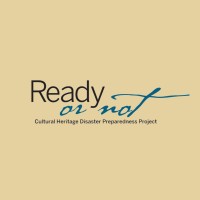
OHIOANA LIBRARY ASSOCIATION
What does the suffix ana in Ohioana mean? The definition is: a collection of assorted material, such as facts, anecdotes, and pictures, suggestive of the character of a notable place of person; for example Americana or Ohioana. The suffix ana comes from Latin and means "matters relating to." At the Ohioana Library Association, we work to promote, preserve, and increase awareness of Ohio literature, reaching over half a million people worldwide. Ohio has long been one of America’s great literary centers, and the state continues to produce an impressive body of written works and authors. Whether it’s through our Book Festival, the Ohio Book Awards, our library collection, or our Ohioana Quarterly publication, everything we do is with the goal of connecting readers and Ohio writers. Whether it’s through our Book Festival, the Ohio Book Awards, our library collection, or our Ohioana Quarterly publication, everything we do is with the goal of connecting readers and Ohio writers. Ohioana elevates Ohio’s written works and the creative minds behind them, celebrating our collective literary history. We also highlight the unique, diverse perspectives that shape the story of Ohio, aiming to inspire the next generation of writers and readers. The Association is a 501(c)(3) tax exempt, not-for-profit organization governed by a Board of Trustees composed of up to 28 members from throughout Ohio. It is supported through memberships, subscriptions, contributions, and a subsidy from the State of Ohio. Members and subscribers live in 36 states, the District of Columbia, and three European countries. You can visit the Ohioana Library by appointment at 274 E. First Avenue, Suite 300 in Columbus, Ohio. Email us at [email protected] to make an appointment, and see our Contact page for more details about planning your visit.






